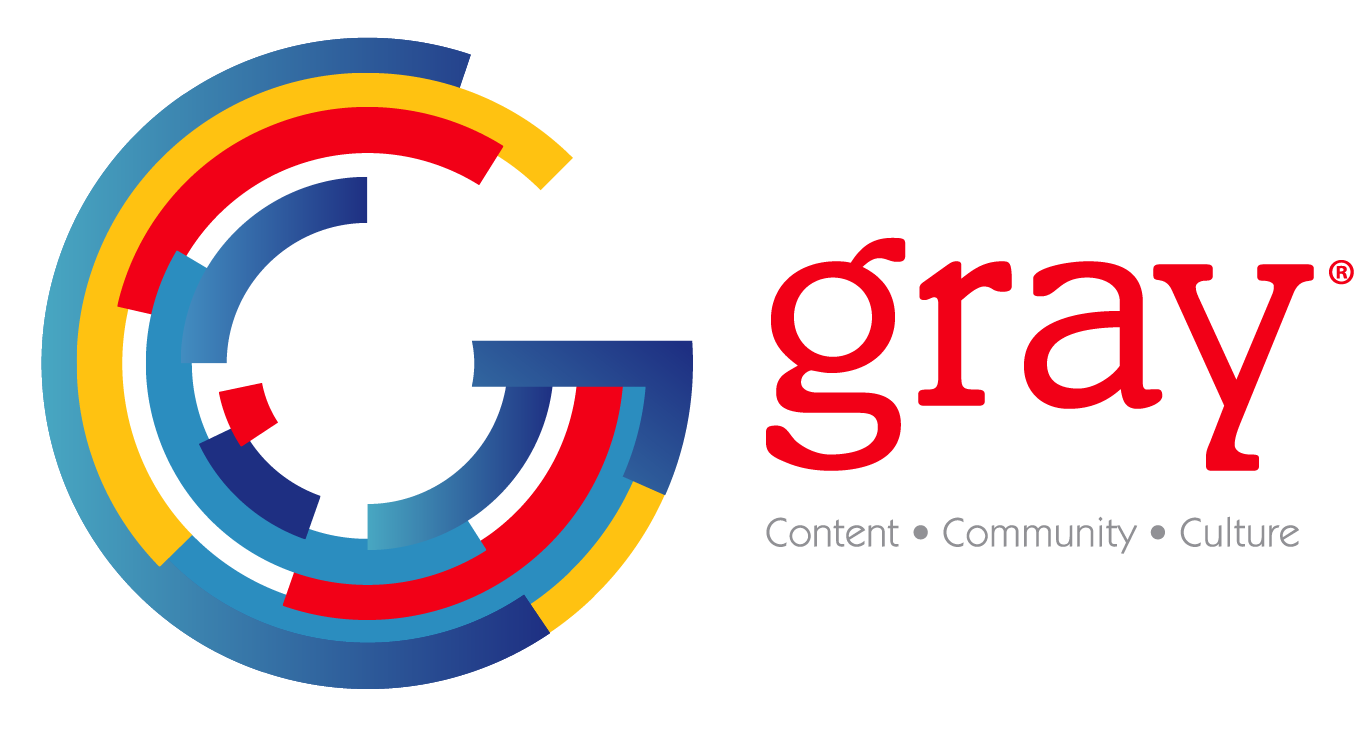Digital Dailies Streaming Over the Internet
Laser-Pacific, Epsylon Video Enterprises to send 'Movelets' worldwide
HOLLYWOOD
Recently, software developer Epsylon Video Enterprises (EVE) and Laser-Pacific Media Corp., one of the premier production facilities in Hollywood, announced plans to jointly develop technology to securely transmit motion picture and television production dailies to anywhere in the world over the Internet.
Based on EVE's proprietary Epsylon Video Player technology, this new digital dailies service will employ the company's new motion wavelet codec to deliver high-quality, full-screen images at extremely low bit-rates so that producers, directors and other creative participants with Web access will be able to view their production's footage either from dubs of the master tapes or immediately after their camera original film has been transferred to telecine.
"In the past we have had to utilize either large bandwidth fiber-optic or T-1 connections to transmit 3 to 4.5 MB files to achieve a sufficient image quality level for approval or comment," said Leon Silverman, Laser-Pacific executive vice president. "Now Epsylon is making it possible to use DSL or even a 56K dial-up modem to receive equivalent-quality dailies with typical file sizes in the 750 kB or lower range."
The Epsylon Video Player is empowered by EVE's own version of wavelet compression algorithms, what the company calls "Movelets." The player uses progressive download technology to deliver motion picture footage without the "stutter" problems often associated with video streaming, and at significantly lower delivery costs. All audio, timecode and metadata for each file is transmitted in frame-accurate sync with the video.
Fig. 1 shows a qualitative comparison based on the calculation of Peak Signal-to-Noise Ratio (PSNR) between EVE's method of sending Movelet files and MPEG-4 video sent with a DivX 5 Pro codec. The test material was compressed files of equal size containing an action scene from the film "The 5th Element." To calculate PSNR, the compressed video streams were decoded back to uncompressed RGB 24-bit AVI files and the decoded streams were compared to the original source with the use of PSNR checking software.
The Movelets codec outperforms DivX on about 1 to 2 dB in a wide range of compression ratios. In addition, the PSNR curve for Movelets has a higher gradient, which will tend to minimize visible compression artifacts.
For security, Epsylon has developed its own Digital Rights Management (DRM) system that is uniquely linked to every EVP player. To prohibit hacking, several bytes of information (actually random frames of the video stream) are withheld from each copy of the files delivered. After being stored on a separate server, these frames are streamed separately to the client so that only that specific recipient on an authorized EVP player can play back the complete video file.
"Of course, the speed of transmission will depend upon the file's content and complexity," says Igor Shoifot, chairman of Epsylon Video Enterprises. "But we estimate that a 300-minute sequence of full-screen video dailies could be received at VHS quality over a 56K modem in a little over an hour."
The Epsylon System will be compatible with both Windows and Macintosh computers, and its new digital dailies service should be available in Hollywood, exclusively from Laser-Pacific Media within six to nine months. Some time later, in addition to digital dailies, Epsylon may pursue other professional services such as viewing edited cuts of a movie in progress, conferencing long-distance casting sessions, and developing market research via Internet viewing and reporting.
For almost four years, Laser-Pacific Media has been providing digital dailies services using store-and-forward or high-speed streaming technologies over private networks, such as those operated by Media.net Communications Inc., and will continue to offer those services when its clients need video of higher resolution than is achievable by sending Movelets files over the Internet. But the digital dailies service it is jointly developing with EVE may change the expectations of what can be done in remote production situations.
"We think that this new Internet digital dailies delivery capability we are developing with EVE will allow the whole world to access the extensive technology toolset and production expertise of the Hollywood community from wherever their location requirements take them," Laser-Pacific's Silverman says. "After all, in Hollywood it pays to have connections."
The professional video industry's #1 source for news, trends and product and tech information. Sign up below.
